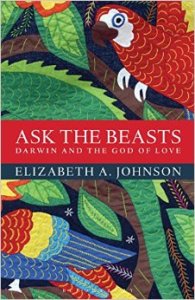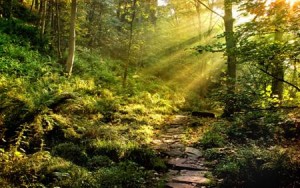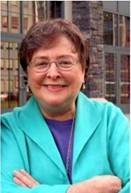Notes from our discussion – January 29
I’ve been thinking about Barbour’s types of dialogue between science and religion (as presented here and in our discussion last week), and also about the people who have joined in this discussion.
Types of dialogue and types of people:
Conflict – I don’t think we have anyone in this group who isn’t open to scientific discoveries; nor anyone who isn’t open to hearing other people talking about faith…
Independence – I don’t think we have anyone in this group who is trying to keep ‘science’ and ‘facts’ in one part of their brain, and ‘faith’ and ‘God’ in another part of their brain. But many of us may find it difficult to see how to integrate them….
Dialogue – Most of us are hoping to learn more about science and evolution – and at the same time we’re hoping for new religious insights that may come from scientific concepts and information…
Integration – And there are many – perhaps all of us – who are looking for some way to integrate science and religion, some way to use both faith and reason as we seek to understand the world we live in. Yes, perhaps we experience science and religion as always in tension (in our culture and in our own minds) – and yet, as we work to integrate what we’re learning, we try to keep faith and reason in conversation with each other.
A question about Charles Darwin himself:
As he moved through his life, did Darwin find it harder and harder to integrate the information he was collecting – and the theories he was building – with the conventional Christian faith he had received from his family, church and culture?
A question for you:
As you read the next chapter of Ask the Beasts (chapter 3, “Endless forms most beautiful”), how can you keep your own faith in conversation with science? (You may find that as you ‘stretch’ your mind to comprehend the science, you will also have to ‘stretch’ your faith for an idea of God ‘big enough’ to make sense.)
Continue reading →




